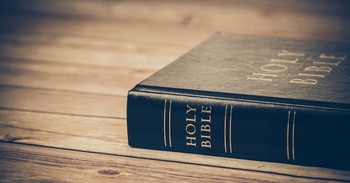Who is Zephaniah and Why is He Important in the Bible?
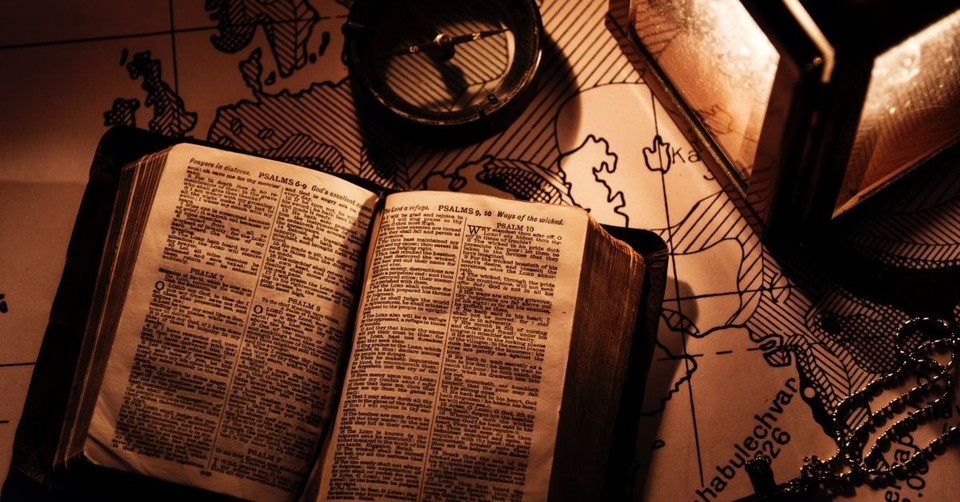
The words of Zephaniah contain one of my favorite Bible verses. Yet before we get to that verse, the book, like many prophetic books, is full of alarming brokenness and impending judgement. The book isn’t exactly like curling up with a comforting Psalm or an inspirational Parable of Jesus. But still the themes of comfort, hope, and faith are present if we expectantly and faithfully linger in its pages.
So what do we know about this man the Lord chose to bring His words to His people?

Zephaniah’s Name
The name Zephaniah means “the Lord hides” or “the Lord has hidden.” It was rather common for parents to give their child a name that somehow became a prophetic piece of their life (yes, this is the fun part in reading the Biblical genealogies - there are always some meanings to the names and purpose for why they are included in Scripture.) Bible scholars believe perhaps that God hid Zephaniah during the bloodthirsty reign of Manasseh.
If Zephaniah’s name wasn’t a personal prophecy, it was certainly tied to the message the Lord would bring through his servant. Despite the sifting judgement that would come to the people of Israel, the righteous ones would be hidden and guarded from the destruction to come.
Photo Credit: Unsplash/Donald Teel

“...we can ask the Lord to hide us from the darkness of sin...”
Some Bible scholars believe his name reflects the heart of faith-filled parents; entrusting their child to the Lord’s care during a time when the culture around them dishonored and despised the things of God. As a mom, I appreciate how Scripture is full of parents raising children who became Yahweh-loving and serving adults despite the culture around them.
Whether Zephaniah’s name reflected the heart of his parents, the plans of God for Zephaniah, or God’s plans for His people, it is encouraging that we can ask the Lord to hide us from the darkness of sin, or ask Him to hide those we care about in His loving protection.
Photo Credit: Facebook
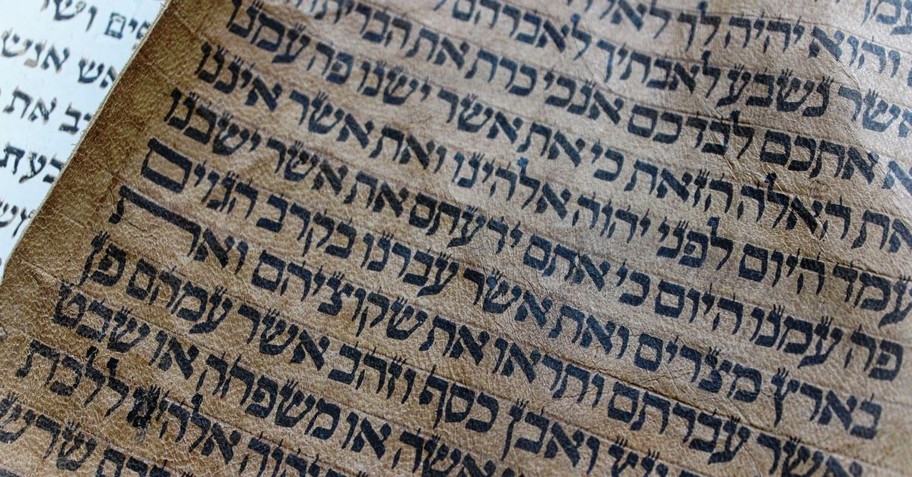
Zephaniah’s Family Heritage
Of all the Old Testament prophets, Zephaniah included more of his lineage. Most prophets only included two generations in their genealogy, but Zephaniah tied himself back to Hezekiah. While some scholars believe this isn’t King Hezekiah because the royal title isn’t included, most agree that Zephaniah is indeed a descendant of King Hezekiah. In any event, Bible scholars believe the enumerated genealogy indicates a higher social standing than most of the other Old Testament prophets. And in an age where the royal family had disgraced their calling, if Zephaniah was indeed a descendant of King Hezekiah, he was tying himself back to a time and person when the royal family used their influence to shepherd God’s people toward righteousness.
Photo Credit: Pixabay/Robert C
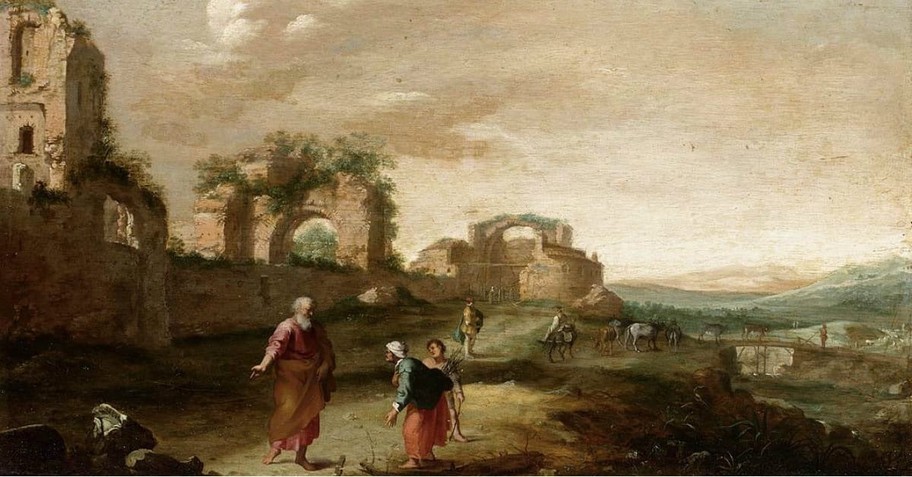
Zephaniah’s Culture
Zephaniah was a contemporary of King Josiah. So the heart that overflowed with concern over the Lord’s coming judgement was also witness to a most beautiful revival in Judah. While there was an oasis of revival during his adulthood, as a child he would have been witness to human sacrifices and occult practices as commonplace. Despite the stirring revival that occurred under King Josiah, the darkness of pagan practices surrounded them on all sides of their tiny nation.
For many of us modern, western readers, it is hard for us to resonate with the messages of judgement in the books of prophecy. One of the things that helped me better understand God’s heart behind His words was to study what the occult or pagan practices were. We rarely linger on these matters in Sunday school or in devotional books. So it leads to a misunderstanding of God’s character because it is hard for us to understand His response. If you have struggled with this, I urge you to go do some digging of your own to understand the pagan practices the Lord addressed during this time.
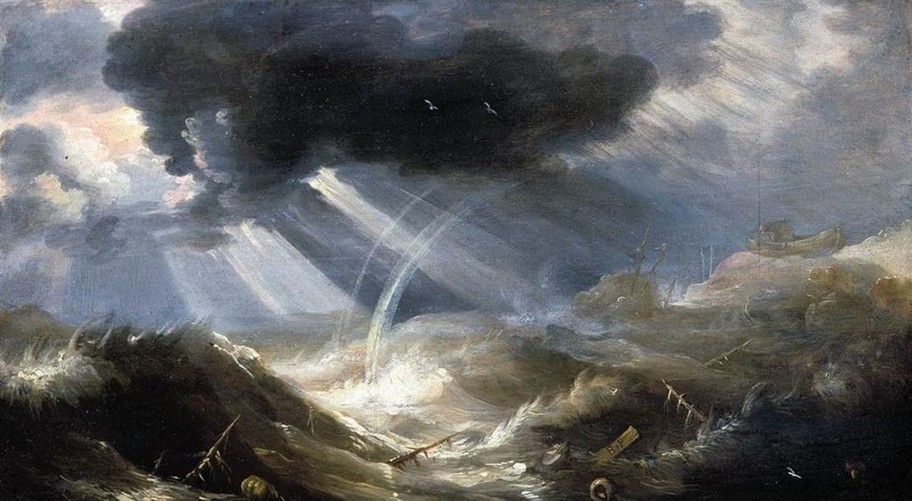
“... God never brings destruction to a place or a people that hasn’t already destroyed themselves.”
After studying these practices during Seminary, I came to the conclusion that God’s response was far more protective in nature than the rash, demanding picture of God I had inadvertently conjured up from child-friendly Sunday school lessons. If you were to watch someone harm their child and you did nothing to help or stop that parent from this damaging behavior, you too would be an accomplice in the act. So often we shake our finger at God and wonder why He allows evil to happen.
But when we read about His call for His people to end their evil practices—people to whom He invited time and time again to turn away from such harm—we find His words and plan distasteful. God would not be God if He idly stood by while children are used as temple prostitutes or sacrifices. At some point, after generations of sending prophets to turn people away from harming themselves and one another, He ended the cycle.
This is Zephaniah’s culture. One of great darkness. One of violence and pain. God never brings destruction to a place or a people that haven’t already destroyed themselves. And His destruction is always for the purpose of protecting or rebuilding.
Photo Credit:

Zephaniah’s Message
The very first words of the book are: “This is the word of the Lord that came to Zephaniah…” (Zephaniah 1:1) The first thing Zephaniah wants his readers to know is that these aren’t his words, they are the Lord’s. Certainly, if God had chosen me to deliver such a message, I would want to shout that out first. No one hopes and dreams to grow up to be the person who declares God’s impending judgement on everyone around him. What a heavy message God had placed on Zephaniah’s heart!
Photo Credit: Pexels
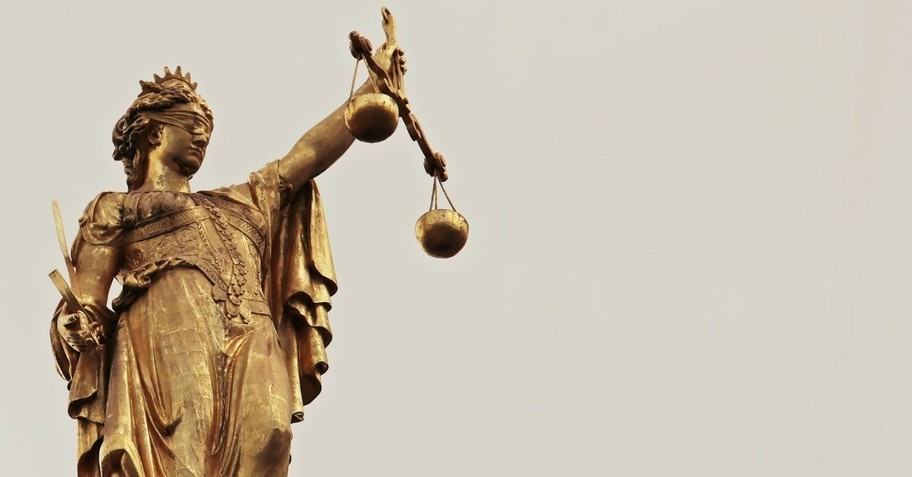
“… whatever the Lord ultimately does will be done in His goodness, faithfulness, righteousness, and love.”
The next point of importance to Zephaniah’s message is that the central theme is “The Day of the Lord.” Some of Zephaniah’s words would render themselves fulfilled in a few short years. But like much of prophecy, the fulfillment of much of his message awaited a day of completion far in the future. Bible scholars have noted that of all the Old Testament prophets, Zephaniah used the phrase “Day of the Lord” more than any other.
While there is a sort of fearfulness around all that will go down on that day, Zephaniah admonishes us to look for it because he has faith that whatever the Lord ultimately does will be done in His goodness, faithfulness, righteousness, and love.
The New Testament exhorts us to “hasten” and “look for” the Day of the Lord. Zephaniah’s message reminds us, even thousands of years later, that through all the unraveling, changing, darkening, maddening craziness that swirls around us we must place our focus and faith on that all important “Day of the Lord.” Our true hope must be sealed in Christ and in spending eternity with Him.
Photo Credit: Pixabay

Zephaniah’s God
My favorite verse in Zephaniah is chapter 3 verse 17:
“The Lord your God in your midst,
The Mighty One, will save;
He will rejoice over you with gladness,
He will quiet you with His love,
He will rejoice over you with singing.”
NKJV
Zephaniah served and loved his God who is Holy, who would send judgement to the people who acted against His good plans and design, and He is also the God who is always close to those who love Him. And this is our Lord too. One who says He is in our midst, as close as a whisper, nearer to us than the culture or circumstances we live in. He will save us.
Ultimately, this precious word is fulfilled in Christ’s life, death, and resurrection. But in the context of the surrounding verses there is an added assurance that, despite the distressing things happening around God’s children, He will save them from the judgement that falls on the unrighteous. God rejoices over you with gladness and will quiet the wrestling of your soul with His love. And most sweetly, He will rejoice over you with singing.
Photo Credit: ©Thinkstock/Everste

“… Zephaniah knew the secret to God’s character, to His holiness, to His larger-than-us-ness.”
This was the God Zephaniah proclaimed. So often we view God as either loving or judgmental. But Zephaniah knew the secret to God’s character, to His holiness, to His larger-than-us-ness. He knew that while God would faithfully bring judgement (what else could He do when people refused to stop hurting themselves and each other?!), He would also never, ever remove Himself or His love from His people.
He understood that God was big enough and deep enough to love completely in the midst of delivering judgment, and that because He was God, He could never remove Love from His actions or heart because Love is His very essence.
Zephaniah isn’t an easy or quick read. We have homework to do to understand all that God addresses through Zephaniah. It’s a deep book, despite its short word count. Yet for all the wrestling you might encounter in its pages, if you ask, God will meet you there.
April Motl is a pastor’s wife, mom, and women’s ministry director. Visit www.MotlMinistries.org for more encouraging resources.
Photo Credit: ©Thinkstock/vovik_mar
Originally published January 30, 2019.


